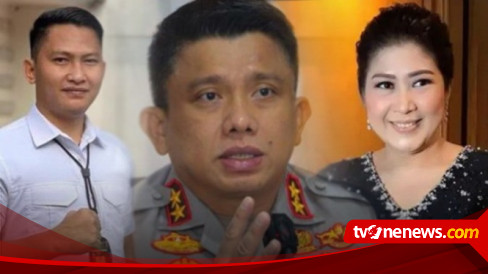Posted on August 1, 2022
–
A
+
–
Par Matt Hampton.
Un article de la Foundation of Economic Education
Since the start of the invasion of Ukraine, the Russian government has imposed harsh censorship on its citizens to limit negative discussions of the war.
In Russia several independent media have shut down or censored war coverage. Government censorship has also affected foreign reporters: in March Russia blocked access to the BBC, Voice of America and other Western media. The BBC halted operations in Russia to avoid arrest.
Last month, a Kaliningrad court ruled the media guilty of a criminal offense for publishing a list of Russian military casualties because it was “classified information”.
According to New York TimesRussian wartime censorship laws passed in March “could make it criminal to even call the war a ‘war’ – the Kremlin says it’s a ‘special military operation’ – on social media or in a news article or broadcast. »
Besides prohibiting criticism of the war, the legislation also makes “Calling on other countries to impose sanctions on Russia or protesting against Russia’s invasion of Ukraine is punishable by fines and years of imprisonment.” »
The Russian government arrested thousands of people during mass protests early in the war, and Russians continue to be detained for protesting the conflict.
Earlier this month, a local Moscow politician, Alexei Gorinov, was sentenced to seven years in prison for speaking out against the war at a city council meeting. According to BBC :
Judge Olesya Mendeleyeva ruled he committed his crime ‘on the basis of political hatred’ and misled Russians, causing them to ‘feel anxiety and fear’ about the military campaign.
Attacks on the press and dissidents in Russia are not new. But according to the New York Times the country had an internet “virtually uncensored”that is, until Moscow blocks Facebook and Instagram.
These abuses of power should show us the dangers of giving government the power to restrict freedom of expression. But the Kremlin’s stated justification for censorship should also serve as a more specific warning.
The main laws under which Russian censorship takes place, the laws 31-FZ et 32-FZprohibit the “public dissemination of knowingly false information about the use of the armed forces of the Russian Federation” and the “discrediting” of the use of the Russian military.
It is the official language of the law. And while no liberal democracy currently engages in state censorship campaigns like Russia’s, the idea of banning “knowingly false information” is familiar to citizens in the West.
But what the situation in Russia should teach us is that the qualification of faux still belongs to the censors. It may seem good to want to ban disinformation, or any other type of “bad” speech, but deciding what falls into these ambiguous categories will give censors great scope for abuse.
In the words of economist Milton Friedman: “The concentration of power is not rendered harmless by the good intentions of those who create it. »
Counterpoint Translation
—
–


